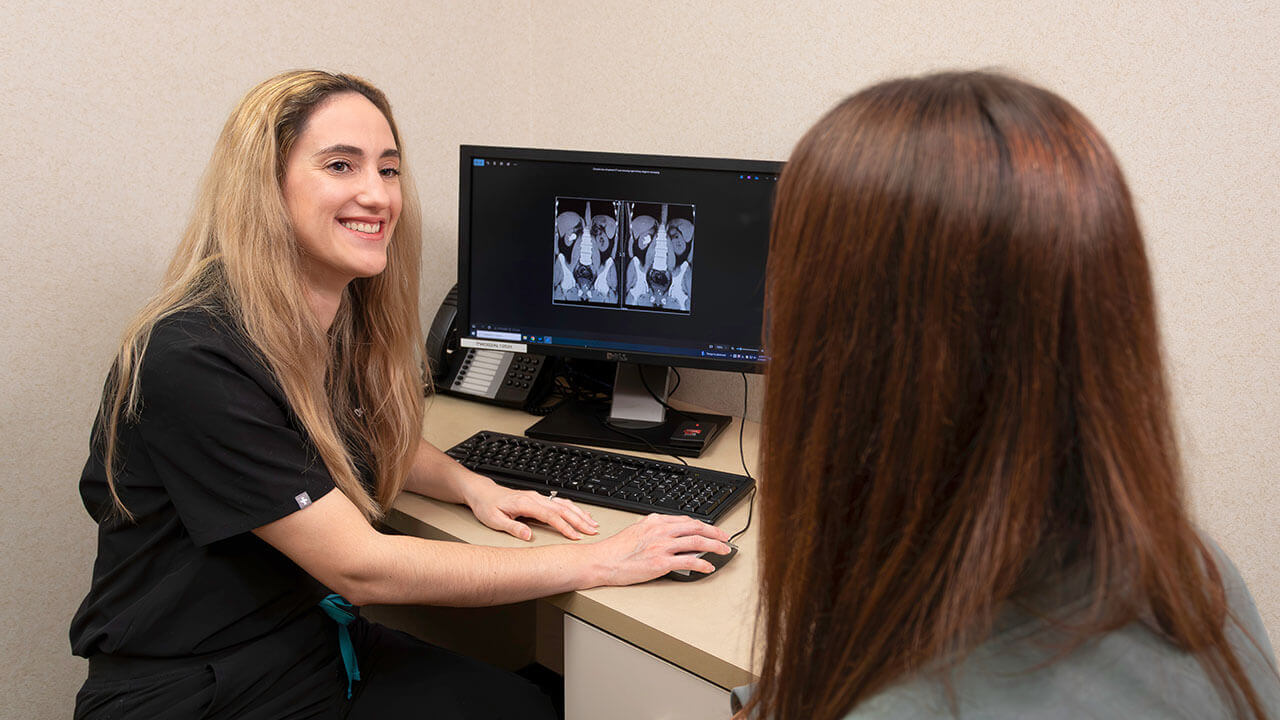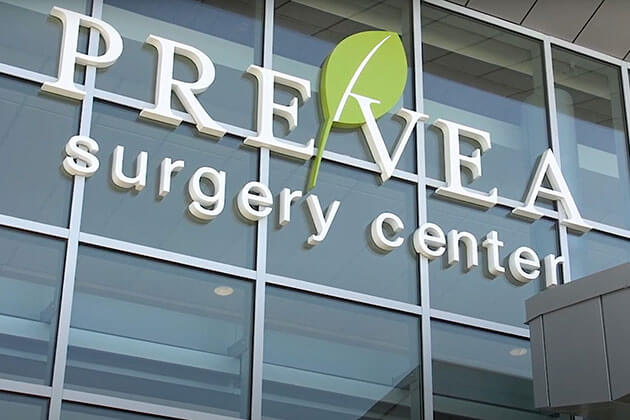Prevea is the first health system in the area to offer the Urolift® Center of Excellence designation to treat BPH. This means our team is committed to providing exemplary care to men who suffer from symptoms associated with an enlarged prostate.
Urology
Trust the experts at Prevea to provide compassionate care for urologic concerns.


Medical and surgical care for adult and pediatric urologic disorders and cancers
It can be awkward to discuss and seek help for urologic concerns, but you can trust the expert urologists at Prevea Urology to provide state-of-the-art care in a compassionate and caring environment. We specialize in the diagnosis and treatment of conditions related to your bladder, urethra, ureters, kidneys or adrenal glands. This includes offering treatment of specific conditions that are not offered anywhere else locally, by physicians who are highly trained and specialized.
- The only fellowship trained urologist in the Green Bay area to treat male urinary and sexual health concerns.
- Dr. B. Nicole Alavi-Dunn is specially trained in innovative and reconstructive treatment options for male genitourinary reconstruction and male pelvic health, including prosthetic surgery for erectile dysfunction and incontinence, urethroplasty and procedures for Peyronie’s disease.
- Fellowship trained endourologic surgeon
- Dr. Diana Lopategui treats conditions of the urinary tract system or male reproductive organs, this includes stone disease and benign prostatic hyperplasia (BPH).
- Sheboygan’s only fellowship trained urologist in robotic-assisted surgery and endourology
- Dr. Andrew Radtke is specially trained to robotically treat prostate cancer, kidney cancer or adrenal lesions.
Meet our physicians and providers

B. Nicole Alavi-Dunn, MD
Urologist

Jennifer Burns, MD
Urologist

Daniel DeGroot, MD
Urologist

Gregory Grose, MD
Urologist

Diana Lopategui, MD
Urologist

Andrew Radtke, MD
Urologist

Lauryn Carlson, APNP, FNP-C
Nurse Practitioner, Urology

Michelle Maki, MSN, APNP, WHNP, FNP-C
Nurse Practitioner, Urology

Allison Matthews, PA-C
Physician Assistant, Urology

Rachel Rejniak, APNP, AGPCNP-BC
Nurse Practitioner, Urology
Care for adults
Care for children

The first in the area to offer Urolift®

Prevea Surgery Center
Your surgery may be performed at the Prevea Surgery Center in Green Bay. The surgery center is a convenient alternative to hospital-based outpatient procedures and provides same-day, high-quality care. Just like in hospital operating rooms, the surgeons, nurses and medical professionals in a surgery center follow very specific protocols and procedures for the safety and well-being of patients.

Cancer nurse navigation
If you are worried you have cancer or if you have been recently diagnosed with cancer, a conversation with a navigator will help answer any questions that you may have.

Urologists who specialize in children
Additional pediatric urology services are offered in Green Bay thanks to our partners from UW Health Kids urology.
More resources from Prevea Health

Vasectomy

Male genitourinary reconstruction and pelvic health

Painful bladder syndrome

Bladder control problems
Personal care for your most personal issues
Find urology services in Appleton, Green Bay, Manitowoc, Oconto Falls, Plymouth and Sheboygan.